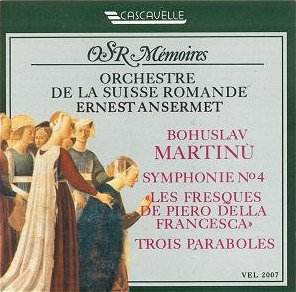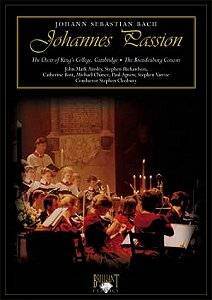 Composer: Nikolay Andreyevich RIMSKY-KORSAKOV (1844-1908)
Composer: Nikolay Andreyevich RIMSKY-KORSAKOV (1844-1908)
Works: Scheherazade, Op. 35; Sinbad the Sailor; The Story of a Dervish; The Prince and Princess; The Story of the Second Dervish
Performers: Bernard Cribbins (narration), David Nolan (violin), Philharmonia Orchestra, London; Enrique Bátiz (conductor)
Recording: NAXOS 8.555889 [79:07]
Label: NAXOS
Rimsky-Korsakov’s “Scheherazade,” a cornerstone of the late Romantic orchestral repertoire, draws its inspiration from “The Tales of the Arabian Nights,” encapsulating an enchanting world of exoticism and narrative depth. Composed in 1888, the symphonic suite brilliantly melds orchestral color with thematic storytelling, creating a musical tapestry that evokes the mystique of the East. While Rimsky-Korsakov initially resisted the idea of associating specific tales with his music, the choice to frame this recording with Bernard Cribbins’ narration introduces a playful, albeit unconventional, approach that invites listeners into the imaginative landscape of the work.
The performance led by Enrique Bátiz showcases the Philharmonia Orchestra in formidable form, presenting a compelling interpretation that balances technical precision with emotive expressiveness. The orchestra’s brass and woodwinds shine, particularly in the second movement, “The Story of the Prince and Princess,” where the lush interplay of the instruments reflects the romantic tension of the narrative. David Nolan’s violin, representing the voice of Scheherazade, possesses a lyrical quality, notably in the soaring phrases of the third movement, “The Sea and Sinbad’s Ship,” where the waves of sound ebb and flow with captivating fluidity and grace.
Bátiz’s interpretative choices, however, occasionally tip toward the exaggerated, especially in his handling of dynamics. His pronounced sforzandi and staccati can disrupt the natural flow of Rimsky-Korsakov’s music, particularly in the first movement, where the nautical motifs struggle against the punchy accents. This approach, compounded by the close recording that highlights even the clatter of oboe keypads, can create moments where the orchestral cohesion is momentarily compromised. A more expansive string sound, particularly in the idyllic passages, would have enhanced the overall warmth and richness expected from such a celebrated work.
The recording quality itself, while crisp and immediate, reveals a rather intimate setting that may not suit every listener’s preference. It lacks the grand resonance found in some of the more traditional recordings, such as the interpretations by Charles Dutoit or Lorin Maazel, where orchestral depth is more fully realized. Nevertheless, for those willing to embrace the narrative framing, Cribbins’ clear and engaging storytelling complements the music beautifully. His no-nonsense delivery steers clear of melodrama, allowing the listener to immerse themselves in the fantastical elements without distraction.
This recording, despite being a reissue of a performance from eight years prior, remains a commendable presentation of Rimsky-Korsakov’s masterwork. The successful blend of narration and orchestral performance offers a unique entry point for listeners, particularly for younger audiences or those new to classical music. The Philharmonia Orchestra, under Bátiz’s baton, delivers an interpretation that is both vibrant and introspective, providing a rich listening experience. While some may prefer a more traditional, purely orchestral presentation, this version invites a delightful regression into childhood imagination, reaffirming the timeless allure of “Scheherazade.”



